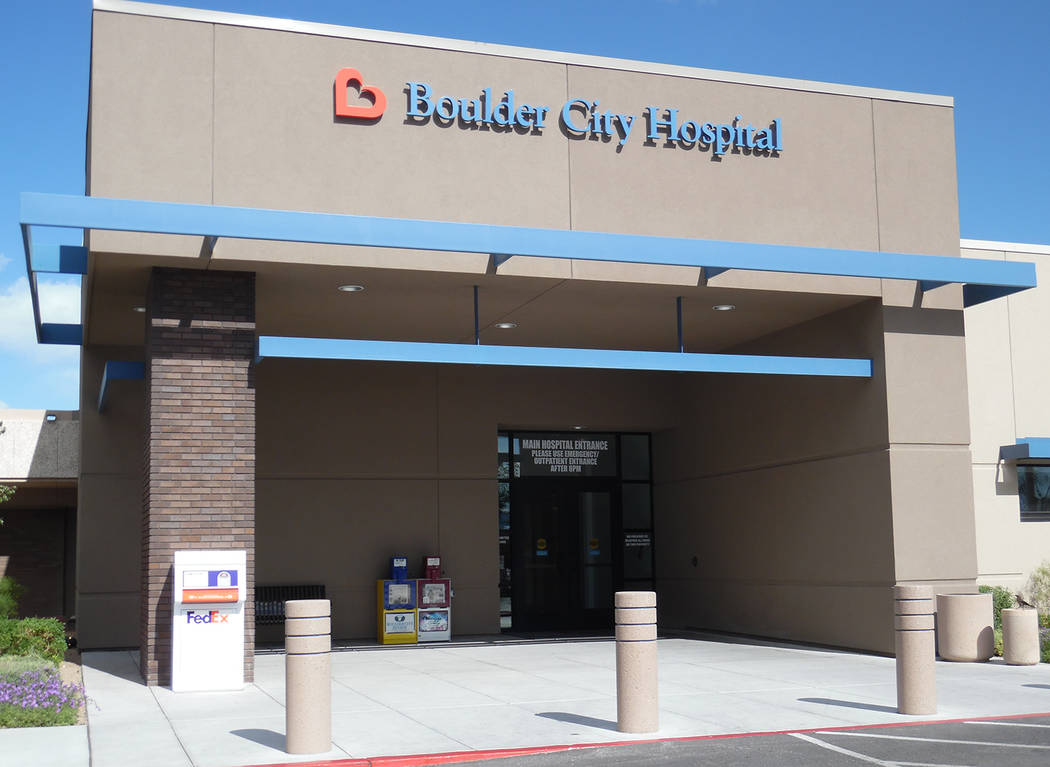
Suicide is a major public health concern. More than 40,000 people die by suicide each year in the United States; it is the 10th leading cause of death overall.
If you know someone in crisis, call the toll-free National Suicide Prevention Lifeline at 1-800-273-TALK (8255), 24 hours a day, seven days a week. The service is available to everyone. The deaf and hard of hearing can contact the Lifeline via TTY at 1-800-799-4889. All calls are confidential.
Contact social media outlets directly if you are concerned about a friend’s social media updates or dial 911 in an emergency.
Suicide is complicated and tragic but it is often preventable. Knowing the warning signs for suicide and how to get help can help save lives.
These behaviors may be signs that someone is thinking about suicide:
■ Talking about wanting to die or wanting to kill themselves.
■ Talking about feeling empty, hopeless or having no reason to live.
■ Making a plan or looking for a way to kill themselves, such as searching online, stockpiling pills or buying a gun.
■ Talking about great guilt or shame.
■ Talking about feeling trapped or feeling that there are no solutions.
■ Feeling unbearable pain (emotional pain or physical pain).
■ Talking about being a burden to others.
■ Using alcohol or drugs more often.
■ Acting anxious or agitated.
■ Withdrawing from family and friends.
■ Changing eating and/or sleeping habits.
■ Showing rage or talking about seeking revenge.
■ Taking great risks that could lead to death, such as driving extremely fast.
■ Talking or thinking about death often.
■ Displaying extreme mood swings, suddenly changing from very sad to very calm or happy.
■ Giving away important possessions.
■ Saying goodbye to friends and family.
■ Putting affairs in order, making a will.
If these warning signs apply to you or someone you know, get help as soon as possible, particularly if the behavior is new or has increased recently.
It is important to note that suicide is not a normal response to stress. Suicidal thoughts or actions are a sign of extreme distress, not a harmless bid for attention, and should not be ignored.
Often, family and friends are the first to recognize the warning signs of suicide and can be the first step toward helping an at-risk individual find treatment with someone who specializes in diagnosing and treating mental health conditions.
Treatments and therapies for people with suicidal thoughts or actions will vary and include various psychosocial interventions and medication.
Multiple types of psychosocial interventions have been found to be beneficial for individuals who have attempted suicide. These types of interventions may prevent someone from making another attempt. Psychotherapy, “talk therapy,” is one type of psychosocial intervention and can effectively reduce suicide risk.
Some individuals at risk for suicide might benefit from medication. Doctors and patients can work together to find the best medication or medication combination, as well as the right dose. Because many individuals at risk for suicide often have psychiatric and substance use problems, individuals might benefit from medication along with psychosocial intervention.
Here are five action steps for helping someone in emotional pain.
■ Ask: “Are you thinking about killing yourself?” It’s not an easy question but studies show that asking at-risk individuals if they are suicidal does not increase suicides or suicidal thoughts.
■ Keep them safe: Reducing a suicidal person’s access to highly lethal items or places is an important part of suicide prevention. While this is not always easy, asking if the at-risk person has a plan and removing or disabling the lethal means can make a difference.
■ Be there: Listen carefully and learn what the individual is thinking and feeling. Findings suggest acknowledging and talking about suicide may in fact reduce rather than increase suicidal thoughts.
■ Help them connect: Save the National Suicide Prevention Lifeline’s number in your phone so it’s there when you need it: 1-800-273-TALK (8255). You can also help make a connection with a trusted individual like a family member, friend, spiritual advisor or mental health professional.
■ Stay connected: Staying in touch after a crisis or after being discharged from care can make a difference. Studies have shown the number of suicide deaths goes down when someone follows up with the at-risk person.
To Your Health is provided by the staff of Boulder City Hospital. For more information, call 702-293-4111, ext. 576, or visit bouldercityhospital.org.